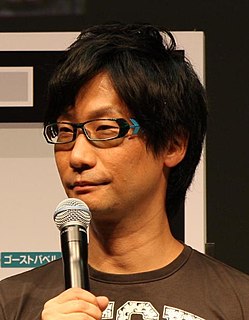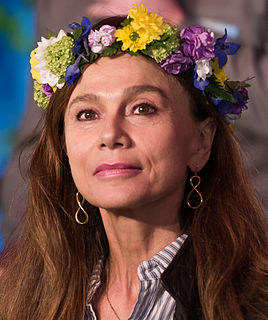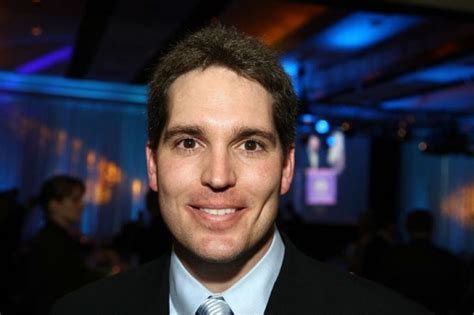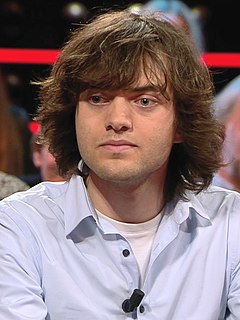A Quote by Sandra Tsing Loh
In twenty-first-century America, our stories have become one and the same: we work to consume, we live to consume, we are what we consume.
Related Quotes
Mindful consumption is the object of this precept. We are what we consume. If we look deeply into the items that we consume every day, we will come to know our own nature very well. We have to eat, drink, consume, but if we do it unmindfully, we may destroy our bodies and our consciousness, showing ingratitude toward our ancestors, our parents, and future generations.
Dharma Bums refusing to subscribe to the general demand that they consume production and therefore have to work for the privilege of consuming, all that cramp they didn't really want anyway such as refrigerators, TV sets, cars, at least new fancy cars, certain hair oils and deodorants and general junk you finally always see a week later in the garbage anyway, all of them imprisoned in a system of work, produce, consume, work, produce, consume.
Keynesian modelling relies on marginal propensity to consume and marginal propensity to invest. The idea that if we give more money to the poor, they have a propensity to consume that's much higher than the wealthy, though I wish they would talk to my wife about that; she seems to have a propensity to consume.
We ought to remember the past, yes -- but we shouldn't allow it to consume us. We live in the present moment, and some people are too tied to the ideals of that period to fully move forward. We'll never work through the future unless we accept the present. We must fill the twenty-first century with dreams.
Whatever I decide will not work. It's what people want that will work. So no one decided whether you become a vegetarian or anything else. What determines that is the availability of food. If we run out of vegetation due to floods or natural disasters, people will consume meat and if we run out of meat they will consume vegetables. I have no control over that. That would be up to people.
There's certain things like scripted dramas that - they're either topical or such water-cooler moments that I think that they'll be consumed within 48 hours. You don't have to consume them at 9:00 at night, but you want to consume them within the first couple of days so that you can talk to your friends about it.





































